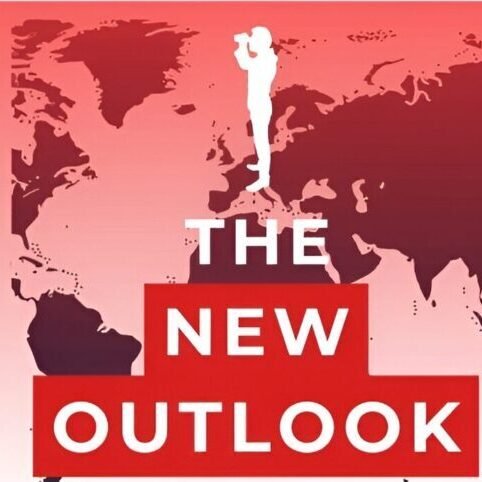From Acho Marcus Nkire
Mark Carney’s Liberal Party has won Canada’s federal election, marking a dramatic political turnaround propelled by voter backlash against U.S. President Donald Trump’s annexation rhetoric and trade war threats.
Conservative leader Pierre Poilievre suffered a stunning personal and political defeat, losing his Ottawa seat in Parliament, according to projections by the Canadian Broadcasting Corporation.
Just months ago, Poilievre appeared poised to end a decade of Liberal rule and claim the premiership. But Trump’s aggressive moves — including slapping tariffs on Canadian goods and suggesting Canada should become the 51st U.S. state — sparked outrage across the country, galvanizing support for the Liberals and undercutting Poilievre’s momentum.
Poilievre’s campaign, echoing Trump-style populism under the “Canada First” slogan, ultimately backfired. Many Canadians viewed him as too closely aligned with the controversial American president.
The Liberals were leading or elected in 168 of Parliament’s 343 seats as of Tuesday morning — four short of a majority. The final outcome hinges on special ballots, which could shift results in key districts. If a majority isn’t secured, the Liberals will need support from smaller parties to govern.
In his victory speech, Carney addressed Trump’s threats directly, declaring, “America wants our land, our resources, our water, our country. These are not idle threats. But that will never… ever happen.” He emphasized that the longstanding post-WWII partnership with the U.S. had effectively ended.
Carney, a former central banker with international stature, stepped into the Liberal leadership after Justin Trudeau resigned amid plummeting popularity. His campaign focused on unity, economic resilience, and rejecting foreign interference.
Despite the Liberals’ win, challenges lie ahead. Canada is in the midst of a cost-of-living crisis, and its economy remains heavily reliant on trade with the U.S. Trump’s proposed tariffs and efforts to relocate auto production south of the border could deepen economic strains.
Carney has pledged to use tariff revenues to support affected Canadian workers, sustain dental care programs, cut taxes for the middle class, and reinforce public broadcasting.
Meanwhile, Poilievre vowed in his concession speech to keep fighting for Canadians. “Change is hard to come by. It takes time. It takes work,” he said, suggesting he may remain Conservative leader despite the loss.
Historian Robert Bothwell said Trump’s interference likely sealed Poilievre’s fate. “Trump talking is not good for the Conservatives,” he remarked.
Turnout was high, with a record 7.3 million early ballots cast. Many voters expressed anger over Trump’s comments, including false claims that the U.S. subsidizes Canada.
While the final seat tally remains pending, Carney’s Liberals have clearly emerged as the dominant force in Canadian politics — buoyed by a wave of nationalist sentiment and rejection of foreign influence.







